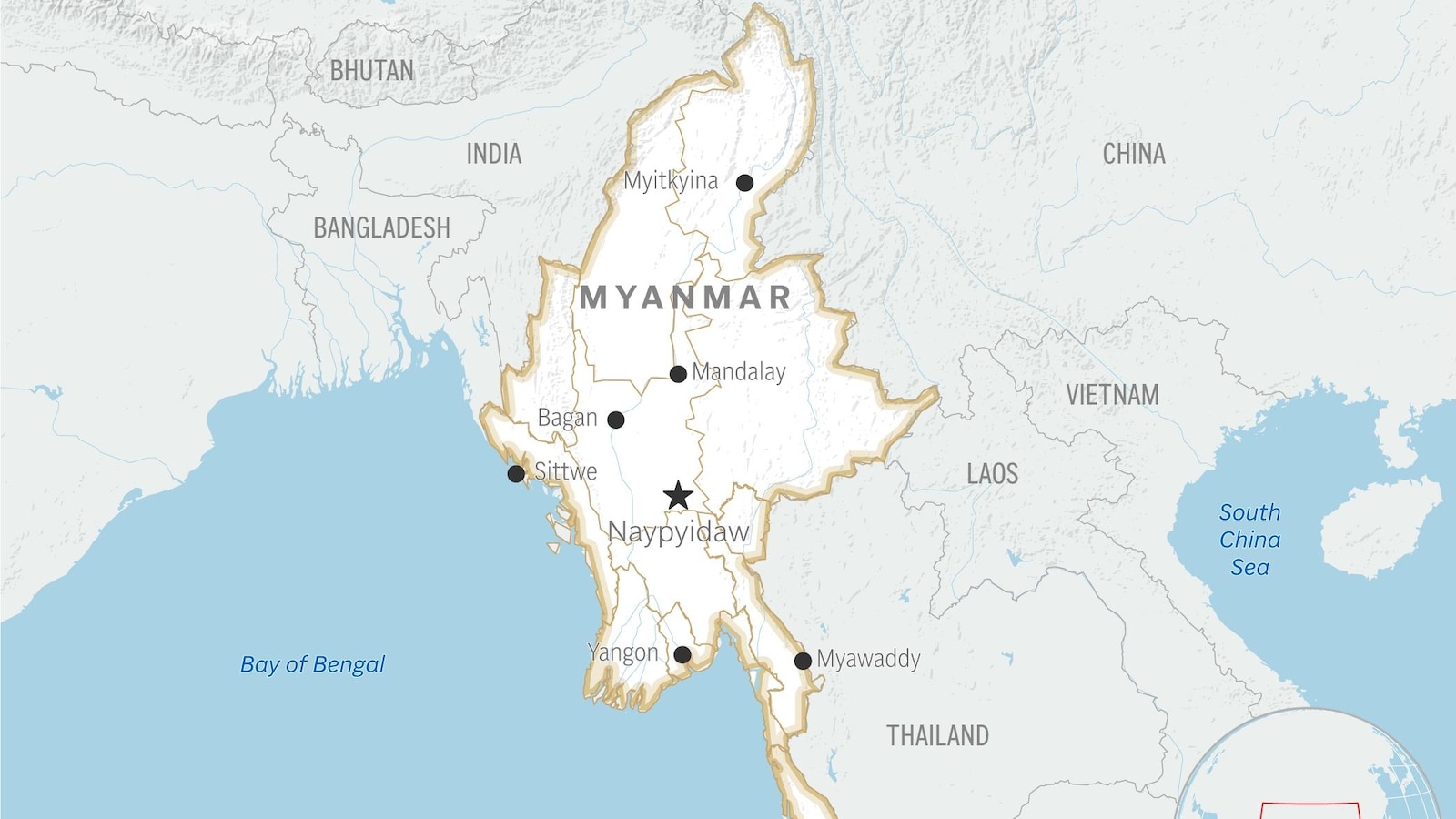Myanmar Military Grants Mass Amnesty Ahead of Election Amidst Fairness Concerns
Myanmar's military rulers granted mass amnesty to thousands of prisoners, including political detainees and Aung San Suu Kyi, ahead of an upcoming election, though critics question the election's fairness.
Subscribe to unlock this story
We really don't like cutting you off, but you've reached your monthly limit. At just $5/month, subscriptions are how we keep this project going. Start your free 7-day trial today!
Get StartedHave an account? Sign in
Overview
- Myanmar's military rulers announced a mass amnesty for thousands of prisoners, including political detainees and those accused of spreading fake news, ahead of an upcoming election.
- The amnesty included the conditional release of prominent leader Aung San Suu Kyi, alongside over 22,000 other detainees, with charges dropped against more than 5,500 individuals.
- This widespread release was reportedly aimed at ensuring all eligible voters could freely participate in the upcoming election scheduled for December 28.
- Critics, however, express significant doubts about the election's fairness, citing a lack of free media and the prior arrest of most leaders from Suu Kyi's party.
- Concerns persist that despite the amnesty, the overall political environment, marked by media restrictions, will prevent the election from being truly free or equitable.
Report issue

Read both sides in 5 minutes each day
Analysis
Center-leaning sources cover this story neutrally by presenting a balanced account of the Myanmar mass amnesty. They report the military's actions and stated intentions while also providing critical context from human rights groups and critics, ensuring a comprehensive and objective overview without editorial bias.
Articles (3)
Center (2)
FAQ
The military granted a mass amnesty to thousands of prisoners, including political detainees and Aung San Suu Kyi, to ensure all eligible voters could participate in the upcoming election. The move was widely seen as an attempt to improve the election's appearance of legitimacy and inclusivity.
While some prominent figures like Aung San Suu Kyi were conditionally released, most leaders from her party remain arrested, and media restrictions persist. This limits their ability to campaign or participate fully, raising concerns about the election's fairness.
Critics highlight the lack of free media, the arrest of opposition leaders, and the military's control over the electoral process. The election is widely viewed as unlikely to meet international standards for fairness or legitimacy.
The first phase of Myanmar's 2025 general election is scheduled to begin on 28 December 2025, with subsequent phases to be announced later.
As of late August 2025, a total of 63 political parties are registered for the election, with nine planning to compete nationwide.
History
- This story does not have any previous versions.


